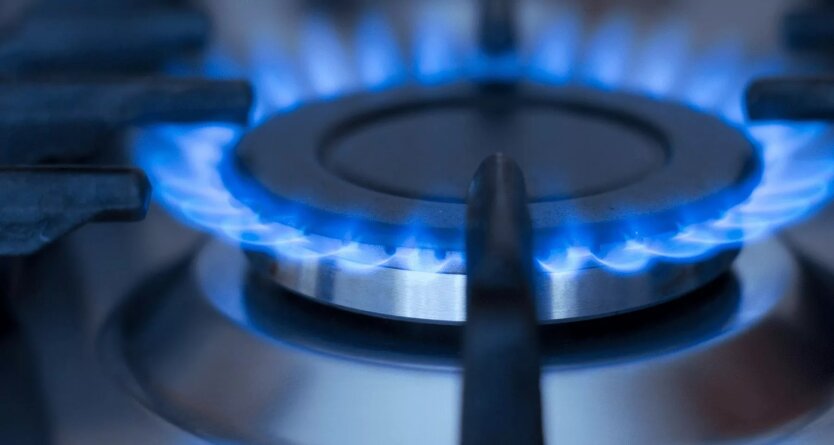What is bankruptcy and what does personal bankruptcy provide?.

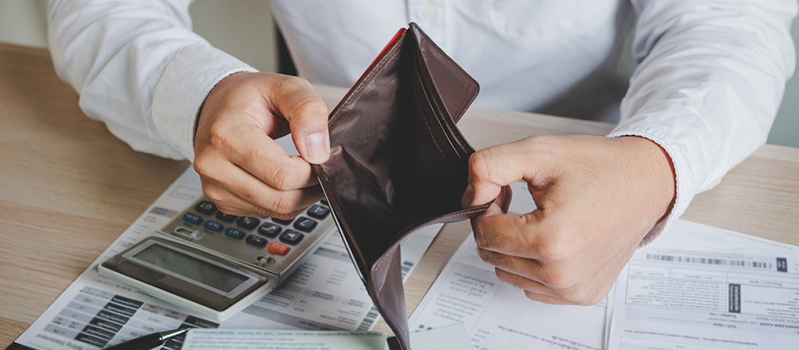
Finances for individuals is a rather complex topic with many factors. For example, it is worth finding out what individual bankruptcy entails and how to avoid such a dangerous process. Along with this, bankruptcy has some peculiar advantages, as far as it is possible.
Therefore, the list of what to know about individual bankruptcy is quite extensive. It is not enough to just know what it is; one must also understand what actions lead to it.
What is individual bankruptcy?
Individuals, like companies, must understand the specifics of their activities. First and foremost, it is important to know what bankruptcy is and why it is necessary (bankruptcy what one needs to know first).
So, the first thing to know is that bankruptcy is a legal process during which a person or company is recognized as unable to pay their debts. In other words, there must be debts, a significant amount of debts, that individuals are not paying. Thus, the dynamics of payments are maximally negative.
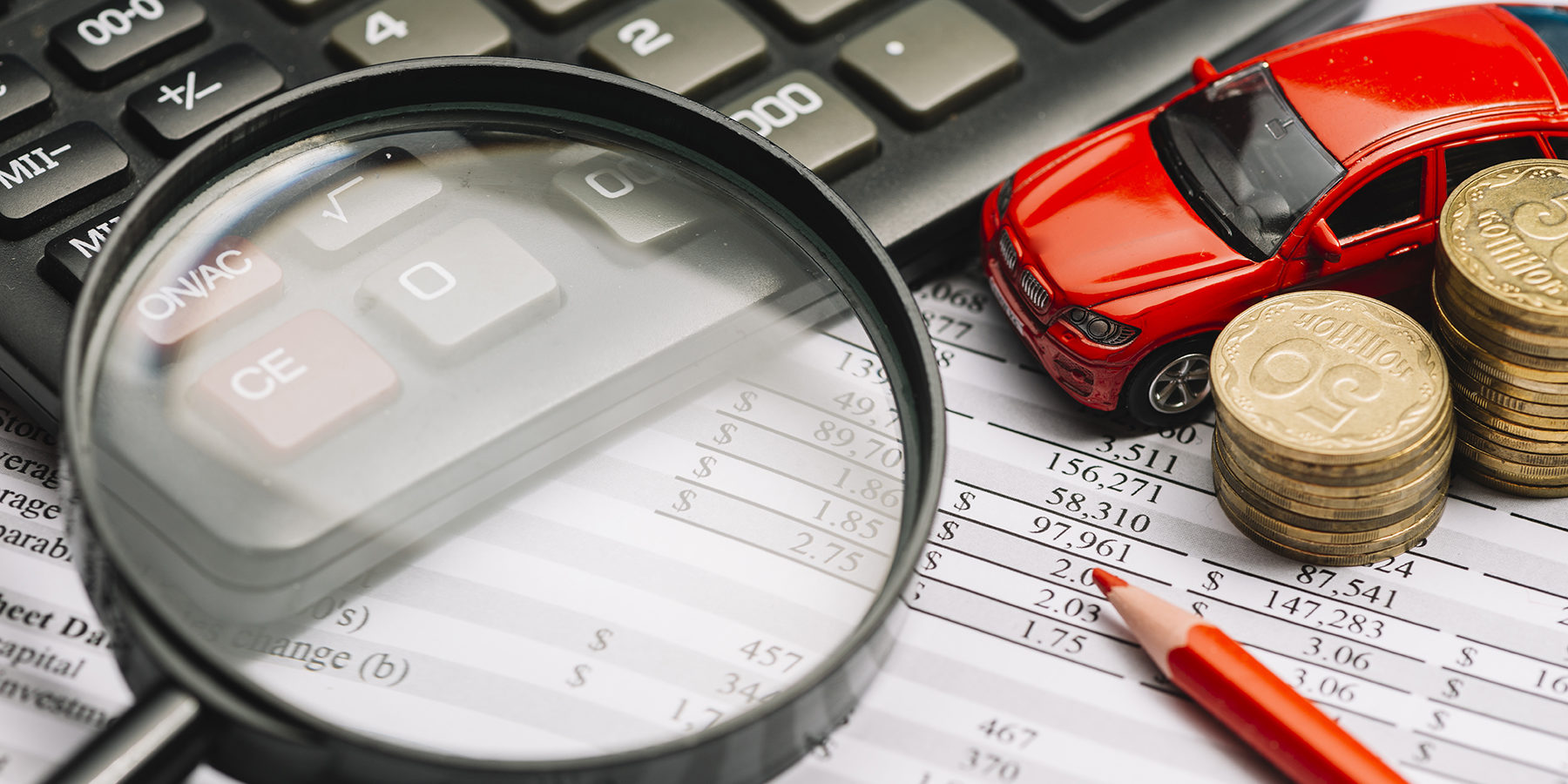
In most countries, bankruptcy is governed by laws that protect both creditors and debtors, providing legal procedures for resolving the debt situation. On one side, there is the bankrupt who cannot pay and may even be living below the poverty line, and on the other side, there are the creditors, who also must be protected by law. Thus, the topic of bankruptcy is quite complicated.
The concept of individual bankruptcy

Individual bankruptcy is an official process that allows a person who is unable to pay their debts to either restructure their obligations or partially or completely discharge them. Thus, bankruptcy does not mean that a person no longer needs to fulfill their obligations. The very concept of bankruptcy implies that all issues related to debts must be resolved.
In the case of being declared bankrupt, the debtor is relieved of the obligation to repay all or part of the debts, but at the same Time loses control over some of their assets. Furthermore, one cannot simply refuse their debts.
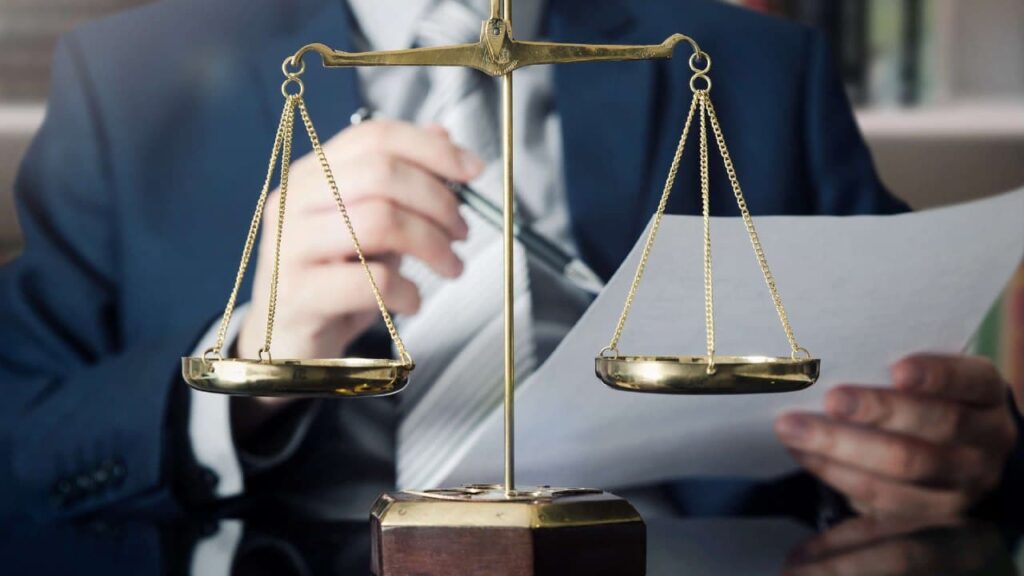
The procedure for individual bankruptcy can be used as a last resort for resolving financial difficulties when other methods (debt restructuring, deferrals, refinancing) do not work. And this entire process is regulated by legislation.
Why do some people need to declare bankruptcy?
When discussing the topic of bankruptcy, it is important to understand why it is even necessary. An individual has several reasons why they may be declared bankrupt. Here are some of them:
-
Loss of job or income. A decrease in income or the loss of a primary source of earnings can lead to an inability to service debts.
-
Medical expenses. High medical costs, especially if they are not covered by insurance, can put a person in a difficult financial situation.
-
Excessive loans and debts. Poor budgeting, excessive borrowing or high interest rates on loans can lead to financial collapse.
-
Divorce or family changes. Division of property, alimony and other consequences of divorce can seriously affect financial status.
-
Business problems. If a person is a business owner, their financial difficulties may lead to personal bankruptcy.

There are no other reasons for declaring bankruptcy.
What is bankruptcy necessary for?
Bankruptcy has its peculiar advantages. For an individual, it is a way to deal with debts with less pressure from creditors. Along with this, bankruptcy has its limitations that should not be forgotten. It also has its consequences. Here is what is meant in this case:
-
The main advantage of bankruptcy is the release from the obligation to repay most debts. After the bankruptcy process is completed, the individual may be fully or partially relieved from debts such as loans, borrowings from individuals, and unpaid bills. This also includes credit cards. However, not all debts can be discharged as a result of bankruptcy. For example, alimony, fines, taxes, and damages are not subject to discharge.
-
After filing for bankruptcy, all creditor claims for debt repayment are suspended. This means that creditors can no longer demand repayment of debts, threaten, or take legal action. This period of legal protection helps the debtor focus on the process of restructuring their finances without external pressure.
-
Debt restructuring. In some cases, instead of a complete discharge of debts, restructuring may be offered—modifying the repayment terms. This may include extending the repayment period or reducing monthly payment amounts.
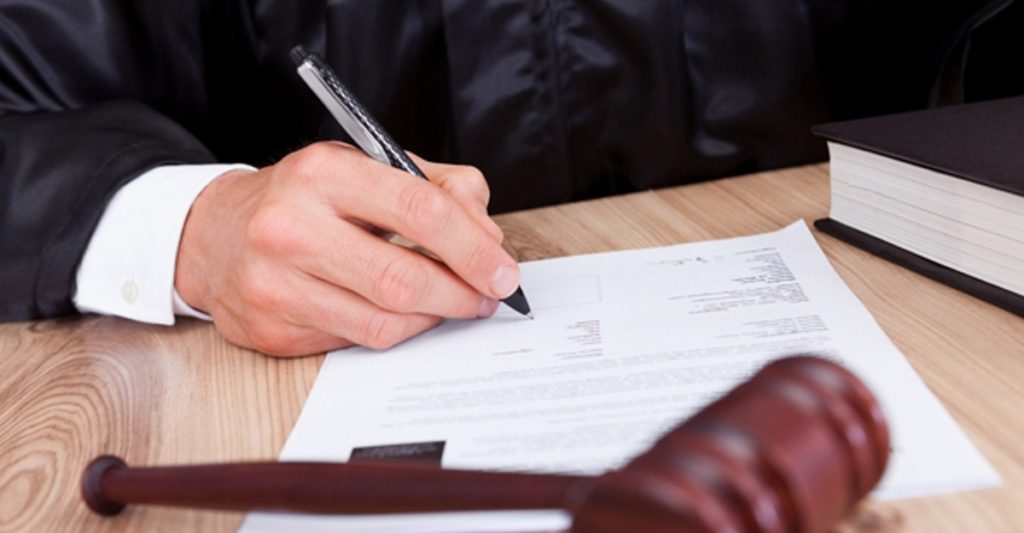
After the bankruptcy process is completed, the individual has the opportunity to start their financial life anew. Once freed from debts, the person can rebuild their credit history and improve their financial situation without being burdened by old obligations.
Read also
- UN investigation confirmed Russia's guilt in the terrorist attack in Olenivka in 2022
- The Defense Forces struck the occupied Donetsk and Luhansk: video
- The old 5-hryvnia banknote brought 17 thousand: which banknotes are worth crazy money
- Fines for drivers and confiscation of cars: Germany has tightened rules for Ukrainians
- July gas tariffs have already been set: who will pay significantly more
- Zelensky on drone production, sanctions against Russia and Ukraine's path to NATO: main points from the address





